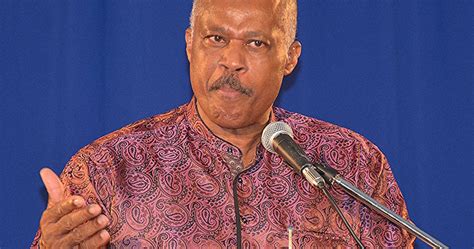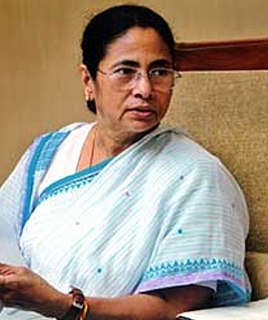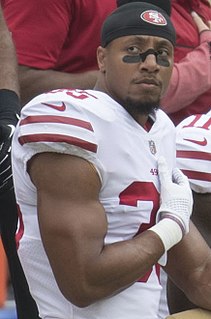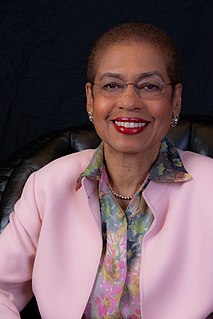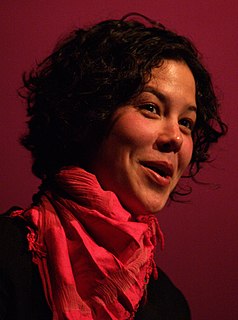A Quote by Martin Feldstein
We are particularly poor at the open economy issues.
Quote Topics
Related Quotes
On the one hand, I loved being a banker. I loved how numbers could tell a story and how you can invest in ideas and see them translate into products and services and create jobs. What I didn't like, particularly where I was working in Brazil during the debt crisis of the early '80s, was how the poor were excluded from the banking system. I made the decision to try and experiment with whether we could use the tools of banking to extend the benefits of the economy to the poor.
God wants us to show compassion and understanding toward the unemployed or the poor not because they are poor, but because poor people, with help from those who are already successful, can become rich. And when the poor become rich, all will benefit, because in our modern economy new unemployment is the first sign of economic growth.
My generation took on political equality. I believe young people, who have graduated into a poor economy, have an incentive to take on much tougher issues of income equality. If they show the leadership they have demonstrated in the last few elections, they can bring changes even greater than my generation achieved.

